It’s a bit of a buzzkill, but the universe might be a lot lonelier than sci-fi has led us to believe.
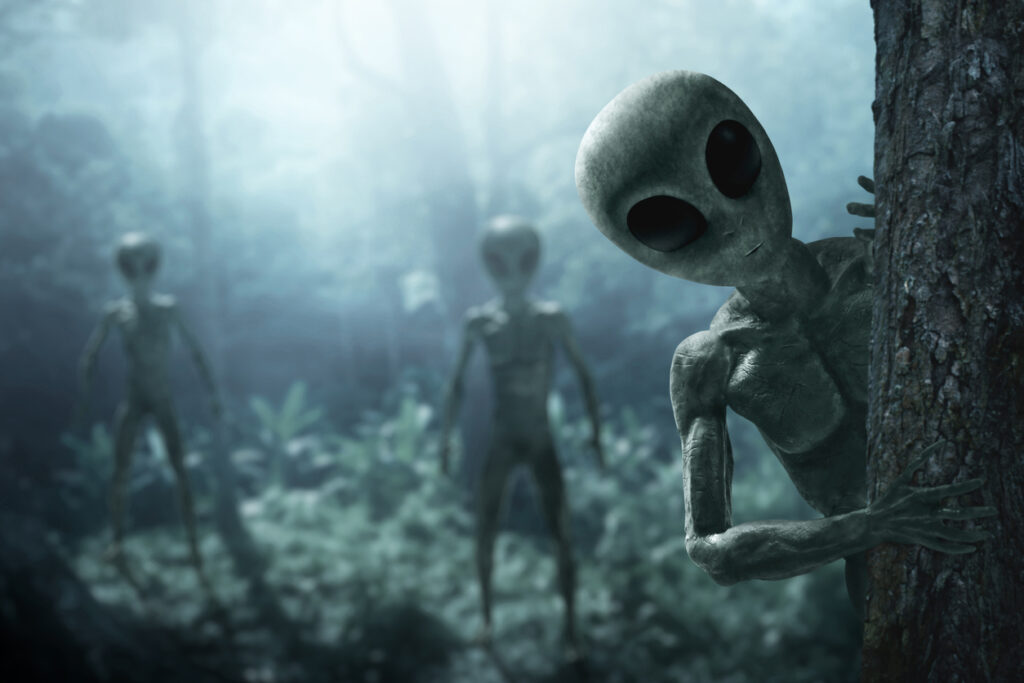
Despite decades of searching, countless theories, and that one blurry UFO video your mate swears is legit, we’ve still got no solid evidence that aliens exist. And when you start digging into the science, the silence actually starts to make sense. Here are just some of the reasons why extraterrestrial life—especially intelligent, contactable life in ways our human brains could recognise or comprehend—might not be out there after all.
1. We’ve found zero solid evidence.

For all the telescopes, probes, and radio signals we’ve thrown into the void, we’ve still never found a single shred of concrete, peer-reviewed, undeniable alien evidence. No signals, no structures, no spaceships—just a big, echoing silence.
It’s not for lack of trying, either. Scientists have scanned the skies, combed through radio waves, and even sent golden records out with Voyager. If aliens were out there broadcasting, we’d probably have heard something by now. The lack of evidence is loud in its own way.
2. Life might be incredibly rare to begin with.
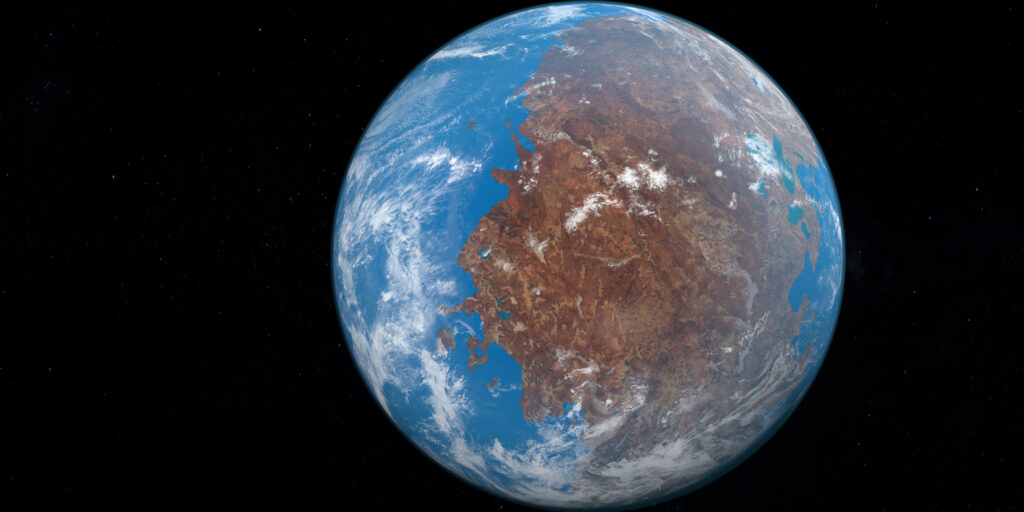
We know Earth has life, but that’s pretty much it. Even within our own solar system, nothing else has managed more than a few promising molecules. The specific cocktail of conditions that created life here might be rarer than we realise.
It’s not just about having water or the right temperature—it’s also about stable planets, magnetic fields, plate tectonics, and time. Even if there are other planets out there with the right ingredients, the recipe might almost never get followed through.
3. Intelligent life might be even rarer.

Life forming at all is one thing. Life that evolves to use tools, build technology, and wonder what’s beyond the stars? That’s another leap entirely. For all we know, Earth could be a one-off fluke in terms of sentient evolution. We tend to assume intelligence is an inevitable outcome of evolution, but it might actually be a weird side quest nature went on once and never bothered with again. Dinosaurs ruled the planet for millions of years without ever inventing Wi-Fi.
4. Space is incomprehensibly huge.
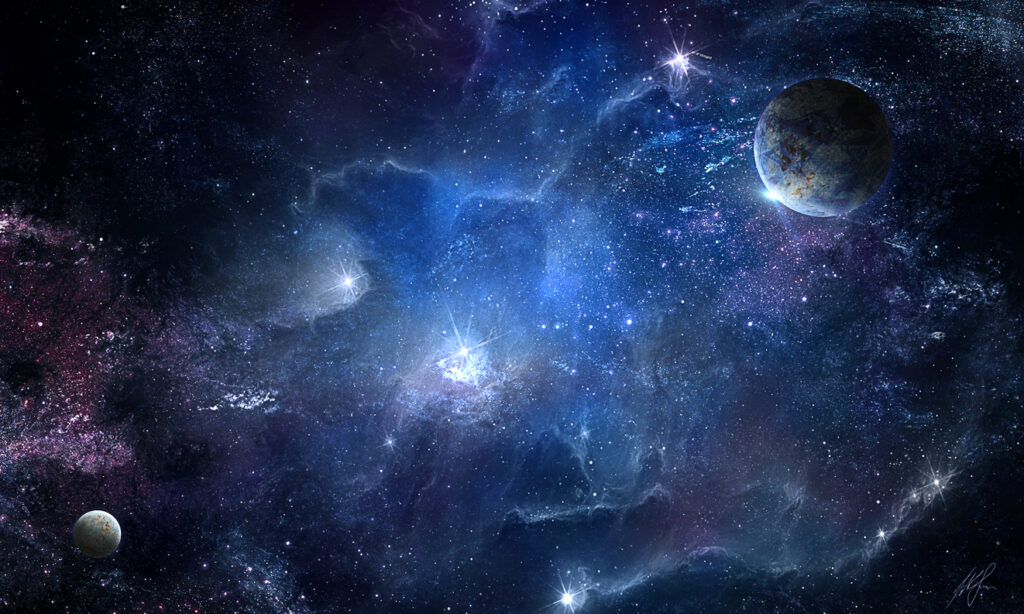
Even if intelligent aliens do exist, they could be so far away that we’ll never detect each other. The Milky Way alone is over 100,000 light-years across. Multiply that by billions of galaxies, and you’re left with a universe that’s almost too big to make contact in.
Signals degrade over distance, and it takes years, sometimes centuries, for them to travel. An alien civilisation could be beaming out greetings right now, but if they’re 500,000 light-years away, we won’t hear it anytime soon. The cosmic postcode system is just too spread out.
5. Civilisations might not last long enough.

We assume aliens, if they exist, are out there sending messages—but maybe they were, and they’re already gone. Civilisations could burn out before they ever reach a stage where they can communicate across the stars. Whether it’s war, climate disaster, or technology backfiring, intelligent life might have a self-destruct timer. Ourselves included. It’s possible the universe is full of civilisations that came and went—flashing briefly, then disappearing before anyone else noticed.
6. We might not be listening the right way.
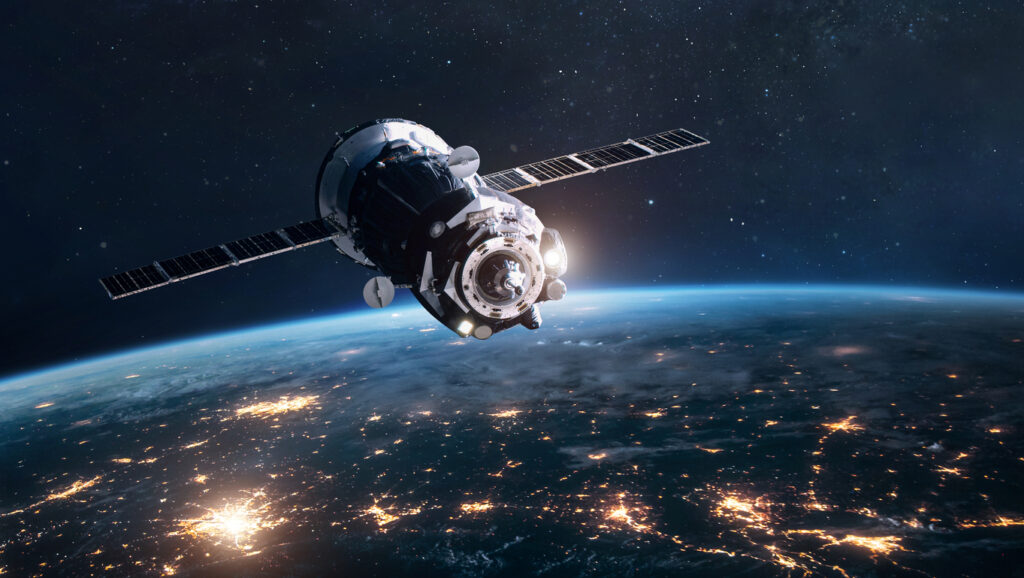
SETI and other efforts have spent decades listening to specific frequencies of radio waves, hoping for signs of alien communication. But what if other life forms don’t use radio at all? Or use tech so advanced, it’s completely invisible to us?
It’s a bit like using a Victorian telegraph to pick up a WhatsApp message. We might be combing through the wrong signals entirely, or missing complex patterns because we don’t know what to look for. We could be surrounded by messages, but ill-equipped to understand them.
7. Planets with stable conditions are rare.
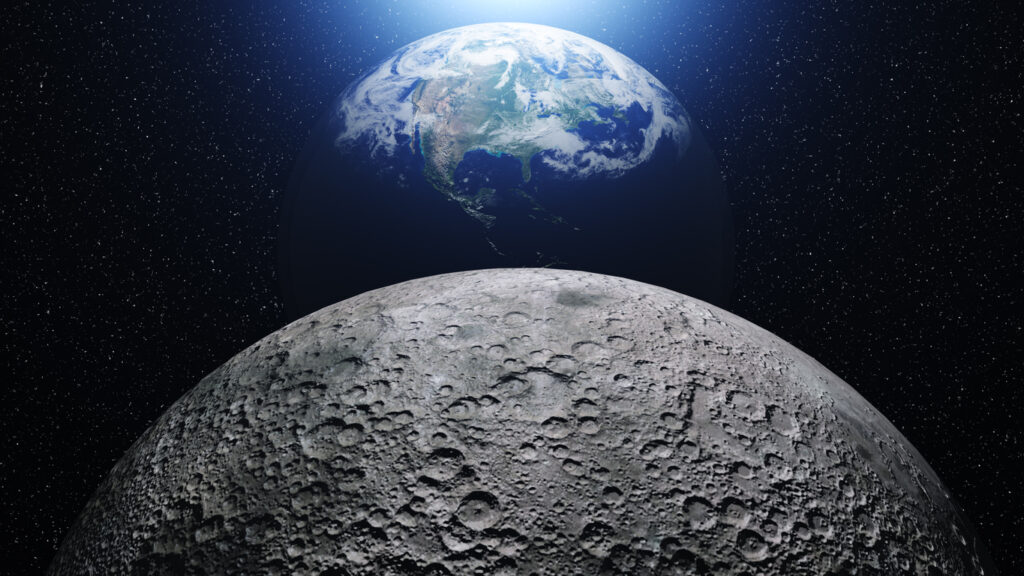
Earth’s stability is a bit of a miracle. We’ve got a stable star, a moon that controls tides, a protective magnetic field, and a climate that’s been relatively kind for millions of years. That’s not a given elsewhere in the universe.
Many planets experience extreme weather, unstable orbits, or radiation from nearby stars. Even if they’re the right distance from a sun, one rogue asteroid or supernova could wipe out progress before it even begins. Cosmic safety is not guaranteed.
8. Evolution might not favour intelligence
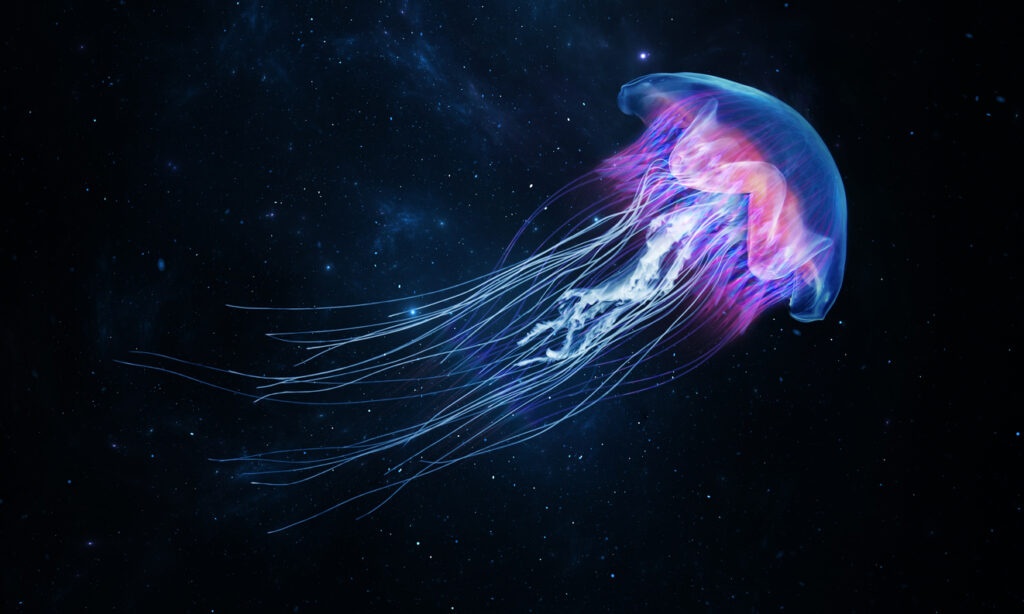
We like to think intelligence is the goal of evolution, but that’s just human bias. Evolution favours survival—not cleverness. Plenty of extremely successful species (like jellyfish or ants) never needed higher thought to thrive. Even on Earth, humans are a very recent development. If you rewound time and let it all play out again, there’s no guarantee we’d end up here. A world full of plants, bugs, and single-celled organisms could be the most likely outcome elsewhere.
9. Alien life might look nothing like we expect
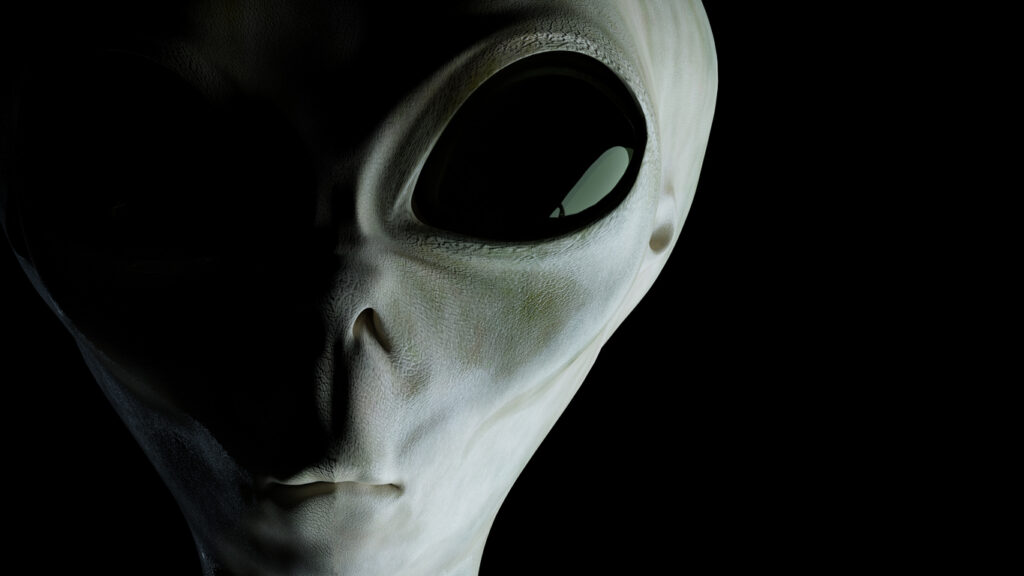
We’re mostly searching for Earth-like life: carbon-based, water-reliant, oxygen-breathing. But what if life exists in a completely different form—silicon-based, methane-loving, or living in environments we consider uninhabitable?
If that’s the case, we could be overlooking it entirely. Our instruments and assumptions are tailored to life as we know it. Alien life could be thriving in some gas giant’s atmosphere or floating under the ice of a distant moon—and we’d never spot it.
10. We might be early

There’s a chance we’re among the first intelligent species to evolve. The universe is still relatively young on a cosmic scale, and it could be that life is only just getting started in some corners. If that’s true, we’re not alone forever—we’re just first. It’s a lonely thought, but not necessarily a hopeless one. We might be the ones lighting the torch for future civilisations to discover one day.
11. Alien tech might be too advanced to detect

Clarke’s Third Law says any sufficiently advanced technology is indistinguishable from magic. That could apply here. Alien civilisations might be using communication or travel methods that are simply beyond our comprehension. We might be ants trying to understand a mobile phone. If they’re out there, they might not even consider us worth contacting, or know we’re here at all. The tech gap could be a wall, not a bridge.
12. They might be deliberately avoiding us.
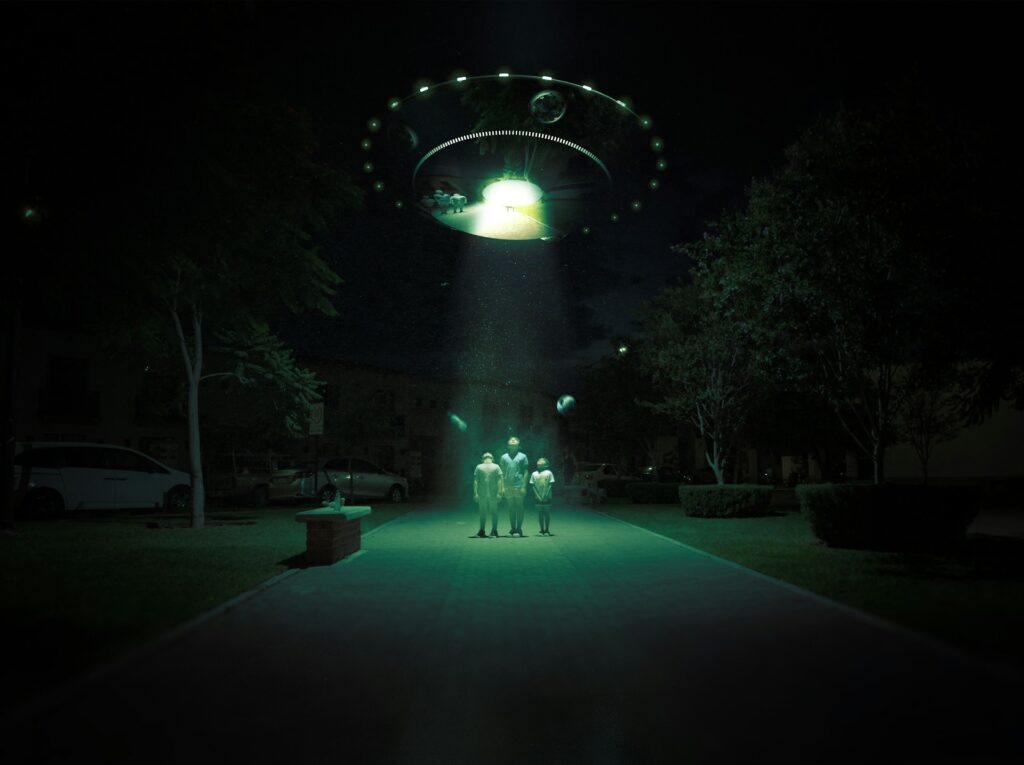
This is the “zoo hypothesis”—the idea that aliens know we exist but choose not to make contact, either to observe us from a distance or avoid disturbing our development. Like watching wildlife behind glass. It sounds a bit paranoid, but it’s not completely out there. If they’ve seen what we do to each other, they might have decided to steer clear. Or maybe we’re too boring to bother with. Either way, we’re not getting an invitation.
13. Earth might be unusually lucky.

We often assume Earth-like planets are everywhere, but what if our planet really is an extreme outlier? Maybe our specific conditions, from atmosphere to axial tilt, are a rare cosmic coincidence that doesn’t repeat often. The more we study exoplanets, the more we realise how many are either too hot, too cold, too chaotic, or just too odd. If Earth is one-in-a-billion, then so is life, and we just happened to win the weirdest lottery of all.
14. Communication windows might not overlap.
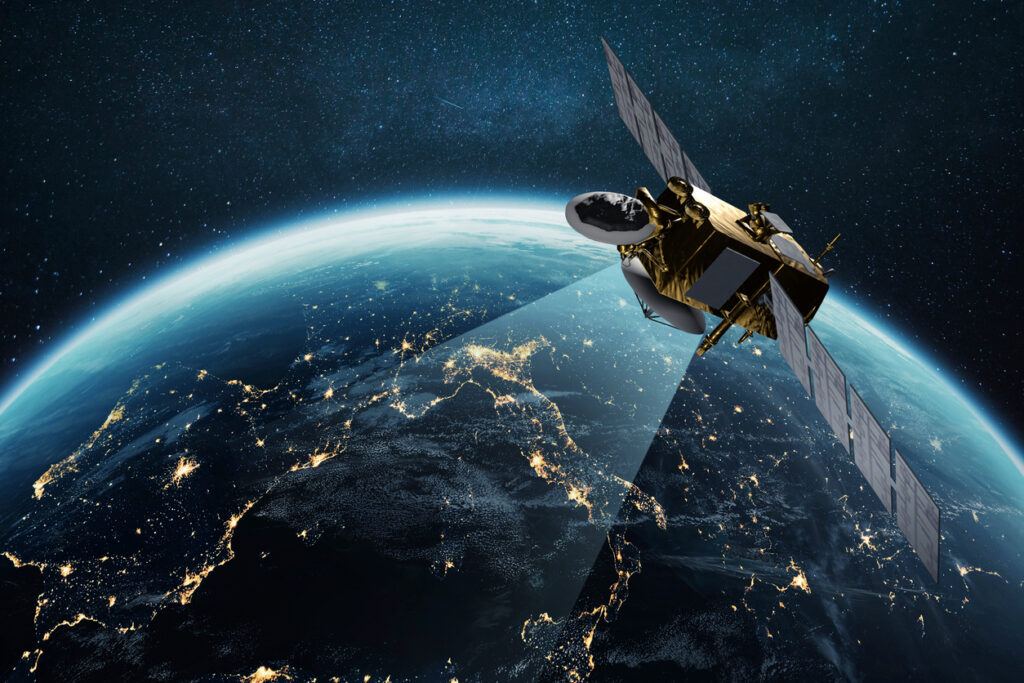
Even if alien civilisations exist, their ability to communicate might have come and gone long before we even figured out radio. There could have been a brief window where both sides were “on”—but we missed it by millennia.
Technological windows don’t last forever. If civilisations don’t last long, or if they move on from our level of tech quickly, then our chances of catching each other in the act are vanishingly small. It’s like phoning a stranger whose landline got disconnected a thousand years ago.
15. The Fermi Paradox remains unanswered.
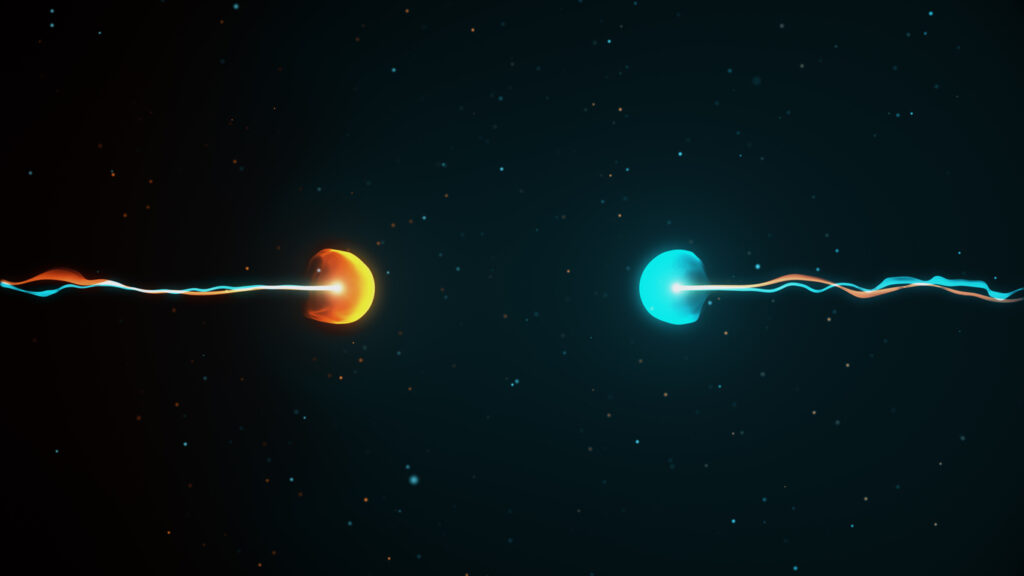
The Fermi Paradox is the big question: if the universe is so vast and full of planets, why haven’t we heard from anyone? And despite countless theories, we still don’t have a solid answer that satisfies both science and logic. That lingering silence, especially in a universe that should be bustling, is one of the most convincing arguments against widespread alien life. The silence itself might be the answer: there’s just no one else talking.
16. We might be looking because we want it to be true.
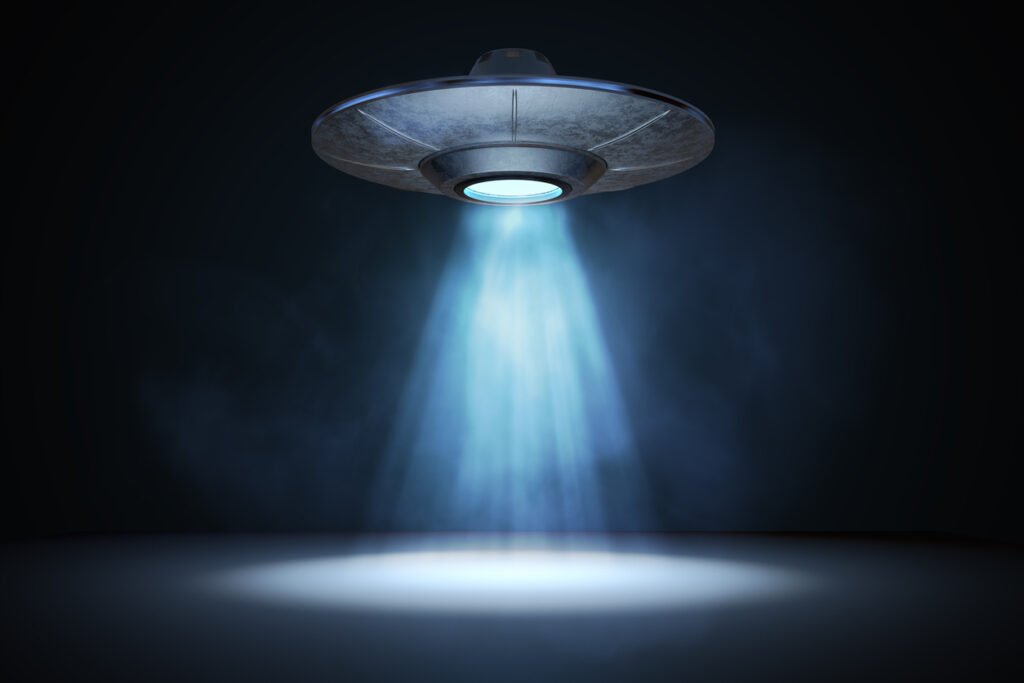
There’s something deeply human about wanting to believe we’re not alone. It gives us hope, purpose, and the thrill of a bigger mystery. But sometimes, wanting something badly doesn’t make it any more real. The urge to find aliens is strong—but that doesn’t mean they’re out there. The universe might be empty, and we’ll have to come to terms with that. And if that’s the case, it just makes Earth—and each other—even more worth looking after.